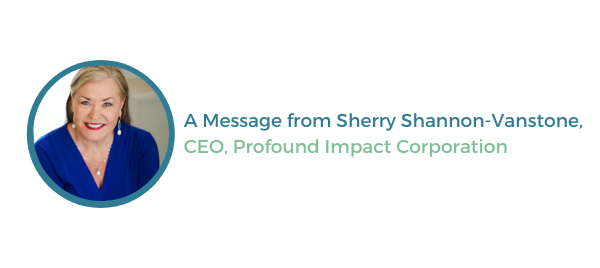CEO Message

Profound Impact was proud to sponsor the CS-Can|Info-Can Outstanding Early Career Computer Science Research Award this year and to present the awards at the organization’s conference, co-located with CASCON 2024, at York University in Toronto earlier this month. Congratulations to Roger Grosse (University of Toronto), Ali Ouni (ETS Montreal), and Liam Paull (Université de Montréal) for being recognized by their peers via this prestigious award!
CASCON, the International Conference on Collaborative Advances in Software and Computing, is the premier destination for academics and industry professionals alike and is dedicated to advancing knowledge in computer science and software engineering. This year’s conference focused on fostering collaboration, innovation and networking between researchers and industry experts. The Profound Impact team was excited to share a live demo of our cutting-edge Research Impact platform and to have the opportunity to meet with researchers, academics, industry professionals and students.
In this month’s newsletter, you’ll meet Marc Frappier, co-chair of the 2024 CS-Can|Info-Can/CASCON co-located conference. Marc, a professor of Computer Science at Sherbrooke University in Quebec, is a renowned cybersecurity expert, researcher, leader in the Computer Science community in Canada, author of more than 100 papers in international journals and conferences, and co-editor of two books. He was recently awarded a Research Chair in Post-Quantum Cybersecurity and heads Sherbrooke’s Intact Cybersecurity Hub, where he and his multi-disciplinary team of researchers work with industry to deal with the onslaught of cyber threats.
In October, I was delighted to visit Brilliant Catalyst, Ontario Tech University’s community of experts, entrepreneurs, advisors and influencers who work together to fuel innovative change and put more Canadian ventures on the map. I shared my experience in founding Profound Impact and our work in developing Research Impact, our AI-powered platform that helps academic and industry researchers find the perfect funding match.
I also traveled to the Vancouver launch of Women Funding Women Inc. (WFW) in October, to join influential investors, entrepreneurs, and advocates working to help bridge the funding gap for women-led ventures. Launch events included a panel session hosted by WFW’s National Founding Partner, Osler, Hoskin & Harcourt LLP, and a Funder/Founder Roundtable hosted by Corporate Partner, Amazon Web Services (AWS).
Interested in learning more about Research Impact and how it can enhance revenue opportunities, save time and money, and foster collaboration between academia and industry? For a limited time, we’re providing individual researchers, colleges, and universities with a complimentary evaluation of Research Impact. Join us at Demo Days for colleges and universities, where we show you firsthand the power of Research Impact. Get started here.
As always, thank you for your support and we hope that you enjoy this month’s edition of Profound Connections!
Sherry Shannon-Vanstone



